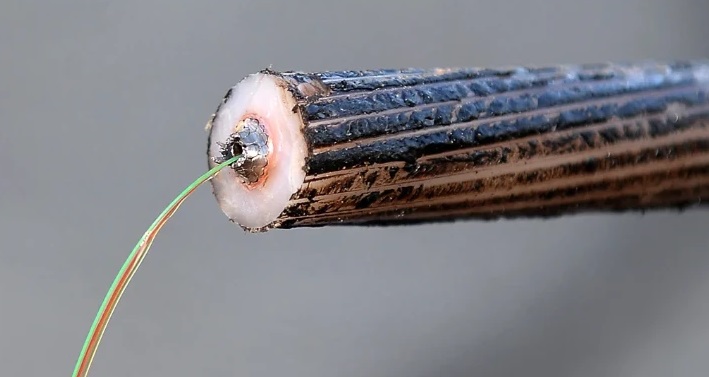predicts future experiences.
This comes after a new study, which could help improve the treatment of nervous system diseases such as Alzheimer’s (memory loss).
Previous research has examined how people performed on memory tests while asleep, awake, or after sleep deprivation, since sleep is critical to memory and learning. That it helps remember new experiences.
The new study, published in the prestigious journal ‘Nature’, examines whether sleep also helps in ‘new understanding’ of a problem that occurs just before resting.
For the study, the researchers trained rats to run back and forth on an elevated track with food on either side. The researchers observed how ‘faster’ the neurons in the mice’s brains started to work in the process.
By examining how much the average speed of neurons in the brains of mice that ran back and forth several times increased, the researchers made inferences about the part of the brain where the cells of the nervous system are most active. are active or aware of the part of the functional environment in which a particular brain cell is most ‘interested’.
Simply put, the researchers estimated what the mice were dreaming about while they were sleeping. They found that the activity of the rats’ nervous systems during sleep was somewhat predictive of how they would deal with forgetfulness after waking.
The researchers found that when rats visit a new place, their brains create a map of it, which remains largely intact even after hours of sleep.
But the neurons also appeared to work this way, allowing the mice to move around better in amnesia than when they were awake.
This means that the mice were not only dreaming up the forgotten places they visited, but also evaluating possible new routes to take.
The process of recognizing specific locations appears to change over time, and sleep plays a key role in this process, the researchers say.
“We can look at these other changes that occur during sleep, and when we send the mice back to the specific environment a second time, we can confirm that these changes are actually the same,” says study co-author Caleb Kamer. Explains what they learned while asleep. It is as if a second visit occurs when an animal is in a state of sleep.”
Research results show that our brain undergoes changes while we sleep, which we still do not fully understand





